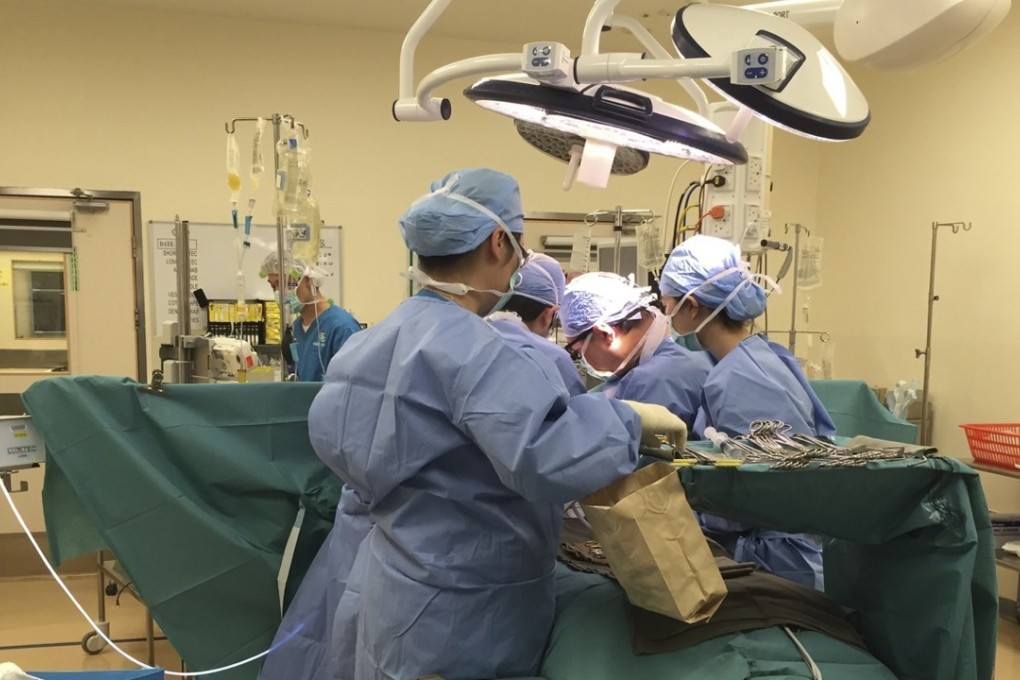Hong Kong public hospitals to consider new test for hepatitis E virus in organ donors after five transplant patients infected
Case is the first of its kind from one donor, sparking screening concerns, with experts to discuss treatment and future procedures

Public hospitals in Hong Kong will consider introducing a new test for a virus in organ donors after five patients in transplants were infected with liver disease.
The patients, aged six to 66, were found to be infected with hepatitis E after they received new organs from a deceased donor, Queen Mary Hospital announced on Monday. This was the first time in the world as many as five organ recipients had contracted the disease in a single case.
The infections were revealed after two men, aged 59 and 66, suffered from abnormal liver functions in early July and August and were both diagnosed with the disease.

Both men had undergone transplants in February. Investigators contacted three other patients who had received organs from the same donor.
One of the five patients had died, but Professor Yuen Kwok-yung from the University of Hong Kong’s microbiology department said he believed the death was unlikely to be caused by hepatitis E.